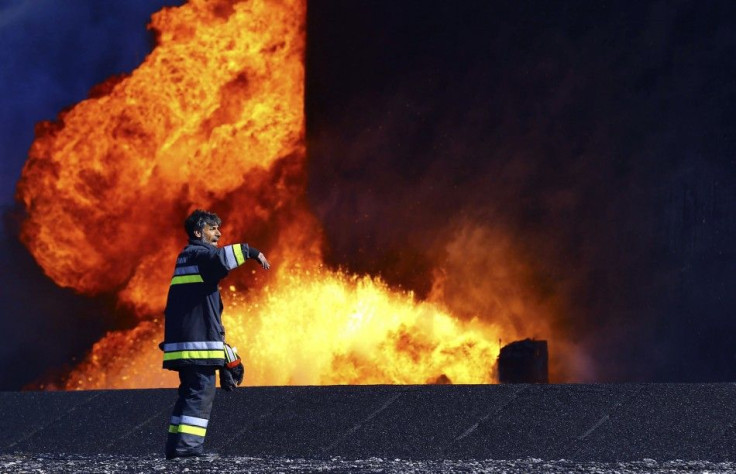OPEC Production Falls Marginally In December But Oil Price Slide Continues

Oil production by OPEC countries has reportedly fallen in the month of December 2014. The report comes after the member countries of the organisation decided not to cut production at the conference held in November this year. Oil prices have meanwhile continued to fall.
According to a report by Bloomberg, oil production by OPEC countries has fallen by 0.4 percent in December. The fall in production is said to have come from Saudi Arabia, Libya and the United Arab Emirates. The countries have so far not officially revised their production targets.
The fall in production by Libya may not be due to economic considerations. The attack by the Islamist militants in the country has reportedly affected oil production. Libyan ports are also said to be under attack by the militants, making transportation of the commodity difficult.
Saudi Arabia reportedly saw the biggest decline in its oil production. The country is said to have reduced production by 150,000 barrels a day. The country has reportedly produced about 9.5 million barrels of oil in December.
According to the report, the demand for Saudi Arabia's crude oil from Asia has been weak. One of the major oil consuming countries in Asia, China, may be experiencing an economic slowdown. A report by Reuters suggests that the manufacturing sector in China is facing difficulties due to rising costs and slowing down of demand.
The marginal fall in oil production by the OPEC countries has not resulted in the strengthening of the price of oil. The reported slowdown in China may be one of the reasons for the price of the commodity to continue to fall. The major reason for the fall of the commodities price has however been blamed on oversupply in the market by non-OPEC oil producing countries.
China is reportedly taking steps in order to ensure sustained growth in economic activity. Apart from the interest-rate cut by China's central bank, the country's planning agency is said to have approved more infrastructure projects. An increased demand for oil by Asian countries like China coupled with a cut in production may drive the commodities price higher in the future. Global crude oil prices are currently trading at just over $53.
For questions/comments regarding the article, you may email the writer at s.trivedi@ibtimes.com.au






